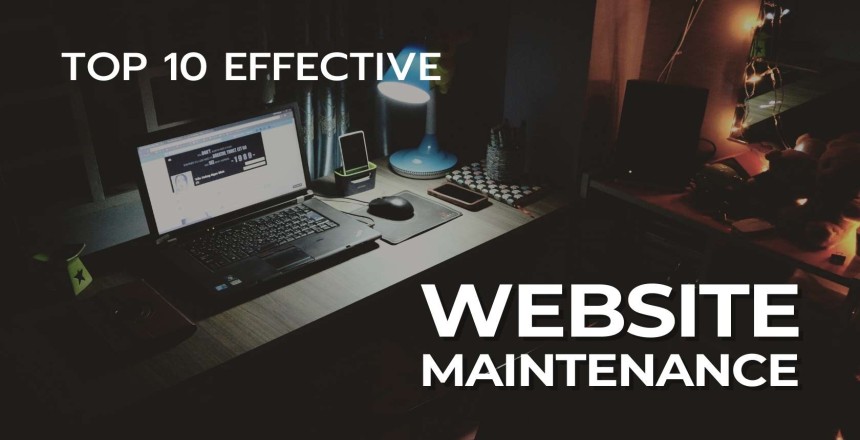In todays digital age, creating a strong online presence is crucial for every businesses of all sizes. Search engines are pivotal in directing potential customers to your website, making Search Engine Optimization (SEO) an essential aspect of your online strategy. However, despite the best intentions, various common SEO issues can hinder your website's performance and visibility on search engine results pages (SERPs). This comprehensive guide'll explore these common SEO issues and provide actionable insights on overcoming them.
1. Slow Page Speed
In a world where instant contentment is the norm. Because, a slow-loading website can be a significant turn-off for users and search engines. Google has prioritize the importance of page speed as a ranking factor, recognizing that users are more likely to scape a site that takes too long to load.
Solution: Use tools like Google Page Speed Insights or GT Metrix to analyze your website's loading speed. Compress images, leverage browser caching, and minimize HTTP requests to optimize your website's performance. Additionally, consider using Content Delivery Networks (CDNs) to distribute your website's content across multiple servers, reducing load times for users across different geographical locations.
2. Unoptimized Content
Creating high-quality effective content is only half of the battle; because, optimizing it for search engines is equally important. If your content lacks proper optimization, it may not rank as well as it could.
Solution: Incorporate relevant keywords naturally into your content, including in titles, headings, and the content body. However, always ensure to avoid keyword stuffing, as it can lead to penalties. Write informative and engaging meta titles and descriptions that encourage users to click. Additionally, focus on creating comprehensive, valuable content that answers users' queries, as Google rewards content that provides a great user experience.
3. Poor Mobile Experience
With most internet users accessing websites through mobile devices, having a mobile-friendly website is no longer an option – it's a necessity. Google's mobile-first indexing means that Google mainly give priority the mobile version of the content for indexing and ranking.
Solution: Implement a responsive web design that ensures your website adapts seamlessly to various screen sizes. Test your website's mobile-friendliness using Google's Mobile-Friendly Test tool and address any issues. Ensure all buttons and links are easily clickable, text is readable, and images are appropriately sized for mobile devices.
4. Broken Links and 404 Errors
Broken links and 404 errors can divert your audience and harm your website's credibility. Moreover, search engine crawlers may interpret these errors as a sign of neglect, affecting your site's ranking.
Solution: Regularly audit your website for broken links using tools like Screaming Frog or Google Search Console. When you find broken links, update them with the correct URLs or set up 301 redirects to relevant pages. Keeping your website's internal and external links in good shape contributes to a better user experience and improved SEO.
5. Duplicate Content
Having substantially similar or identical content across multiple website pages can confuse search engines about which page to rank, leading to lower rankings for all involved pages.
Solution:
Perform a content audit to identify duplicate content on your website. If you have similar content that is necessary, consider using canonical tags to indicate the preferred version. For non-essential duplicates, either rewrite the content to make it unique or consider consolidating pages to present information more coherently.
6. Lack of Proper Header Tags
7. Ignoring Metadata
8. Not Optimizing Images
9. Ignoring Local SEO
10. Neglecting Regular Content Updates
Neglecting Regular Content Updates: Search engines prefer fresh, relevant content. If your website remains stagnant without updates, its search ranking could suffer.
Solution: Develop a content strategy and update it regularly. Such as, blog posts, news articles, or product updates. This demonstrates to users and search engines. That your website is active. Also, it provides valuable information.
Navigating the world of SEO can be complex. Still, by understanding and addressing these common SEO issues, you're taking significant steps toward improving your website's visibility and performance on search engine results pages. From optimizing page speed to crafting compelling meta descriptions, each aspect contributes to a holistic SEO strategy that drives organic traffic, engages users, and ultimately helps your business succeed in the competitive digital landscape. Stay active, keep up with the latest SEO trends, and continuously refine your approach to ensure you get the most out of your online presence.



